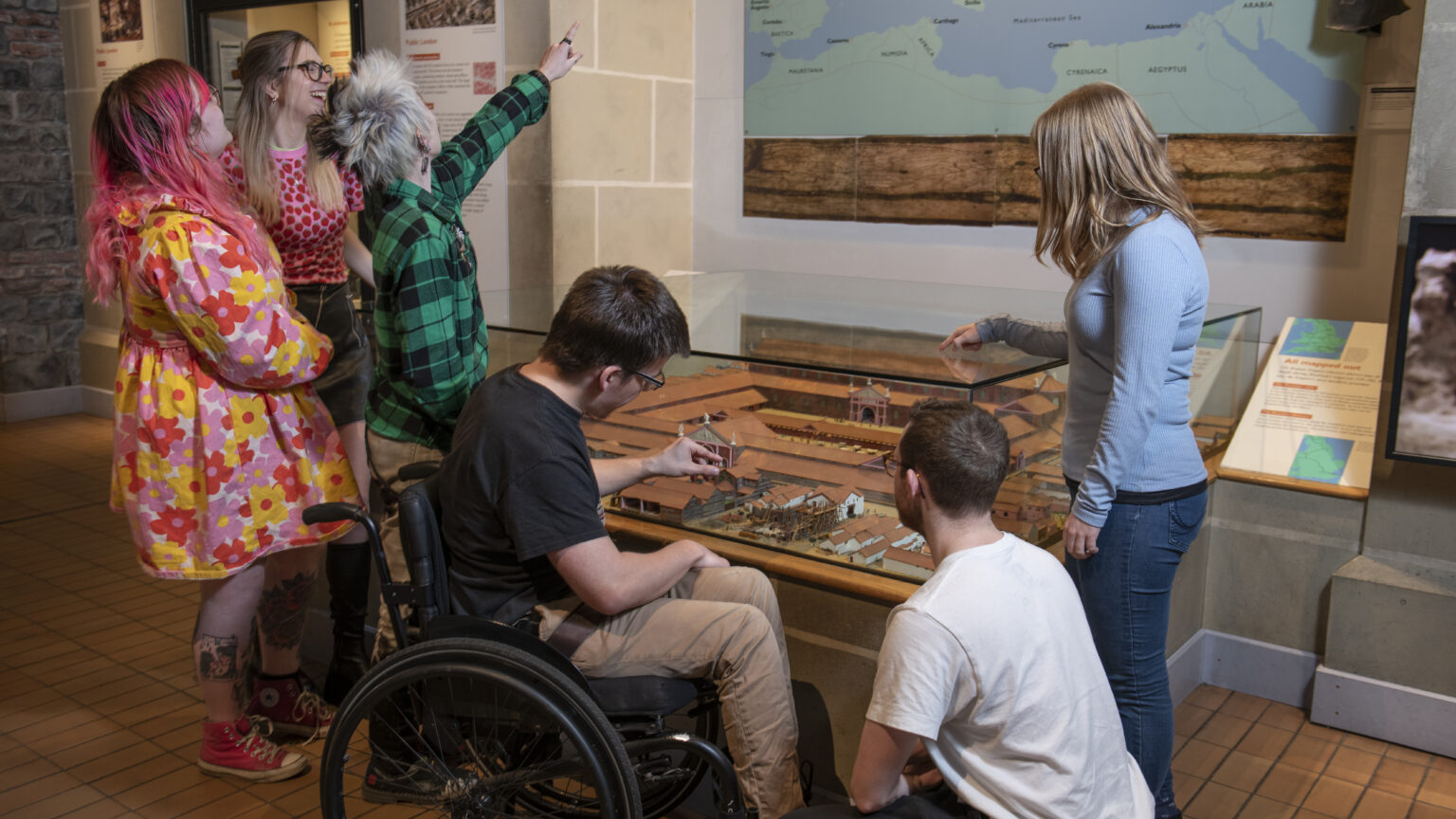Enjoy this article?
Most Museums Journal content is only available to members. Join the MA to get full access to the latest thinking and trends from across the sector, case studies and best practice advice.

Following on from its Curating for Change scheme, the organisation Screen South is offering six new opportunities for D/deaf, disabled or neurodivergent people to launch their careers in the museum sector.
Under the Curating Visibility initiative, the first three fellowships will run from April 2024 to June 2025 at Dover Museum in Kent, the Food Museum in Suffolk and the Imperial War Museum in Duxford, Cambridgeshire.
Applications for three more fellowships will open in summer 2024, and will give participants the chance to work at the Museum of London, Charleston in East Sussex and Barnsley Museums in South Yorkshire.
Curating Visibility is part of Screen South’s wider Accentuate programme, which provides opportunities for disabled people in the cultural sector. It is supported with a £790,857 grant from Arts Council England's Unlocking Collections fund.
Accentuate hopes that, as well as providing opportunities for people underrepresented in the heritage sector, the programme will change museums’ mindsets towards hiring D/deaf, disabled and neurodivergent people.
Esther Fox, the head of Accentuate, said: “We need to shift away from thinking it’s either a statutory obligation, or something we should do because it’s the right thing.
"It is really beneficial to the museum to employ people who come with a different fresh perspective that can help them uncover things within their collections and connect audiences in completely new ways.
“This is a whole diverse pool of talented people which we’re not capitalising on at the moment.”
The inspiration for the Curating Visibility and Curating for Change projects came when Fox was working on the text for exhibitions at Accentuate’s previous partner museums about D/deaf and disabled heritage.
She noticed that none of the curators had obvious disabilities, and that they used different language to describe disabled people than she would have chosen.
Often museums possess artefacts that they don't realise had hidden connections to disability history, while some curators may be unsure of how to tell the human story behind certain objects without having lived experience of disability.
“We needed to tackle the underrepresentation of disabled people in curatorial roles so that we could tell these stories in a much more nuanced and authentic way," said Fox.
“Curating Visibility is about connecting with audiences who otherwise don’t feel connected.”
The previous Curating for Change programme has had a significant impact on host museums. A neurodivergent Curating for Change fellow at Hastings Museum rediscovered 184 sketches by an artist with autism in an old envelope that had never been catalogued properly.
The Curating Visibility fellows will each receive a salary of £23,933 per annum based on 35 hours work per week. Applications are open until 8 February.
Around 24% of the UK population identify as disabled, compared with only 4% of people who work in museums.
Most Museums Journal content is only available to members. Join the MA to get full access to the latest thinking and trends from across the sector, case studies and best practice advice.